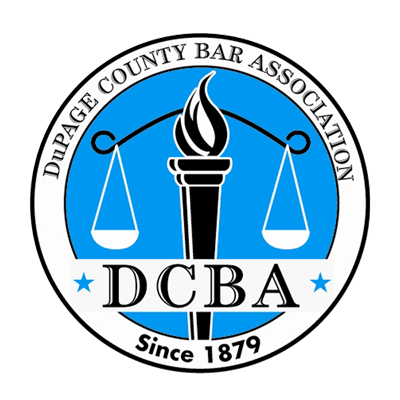
Traumatic brain injuries: In terms of their slow, insidious onset, their difficulty in diagnosing, and the potential long-term damages they often confer, these types of adverse events are often the most injurious conditions possible.
To complicate matters, they’re often undetectable to the victim or casual observer.
These injuries can, in fact, have no or very few symptoms until just before they become life-threatening.
Traumatic brain injuries (or TBIs) have the potential to affect every aspect of your working and personal life. They can strip away your memories. They can impede your ability to converse and conduct business. They can even change your personality.
Let’s discuss the most common types of traumatic brain injuries, their causes, and what you can do to protect your future while recovering from a TBI.
What Is a Traumatic Brain Injury?
The Brain Injury Association of America distinguishes between two types of brain injuries: acquired brain injuries and traumatic ones. Acquired brain injures tend to result from internal factors, such as a lack of oxygen. Traumatic ones stem from physical penetrations or shocks, such as:
- A blow to the head
- A violent, sudden jolt or shake
- A laceration or deep injury to the head
These events damage the physical structure of the brain and disrupt normal function. According to the CDC, the downstream ramifications of this trauma and disruption can affect our daily processes and activities in integral ways, including:
- The way we think (process new information, retrieve memories, apply logic and reasoning)
- The way we communicate (understand syntax, follow dialogue)
- The way we emote (learn from experiences and sensations, interpret social reactions, translate and work through bodily hormonal responses)
It’s clear that a TBI can be a truly life-changing event. Common types of TBIs include:
- Contusions, or a slight bruise on the brain
- Concussions, or a mild dazed or unconscious state
- Diffuse Axonal, or the result of your brain slamming into your skull and suffering requisite damage
- Coup-contrecoups, or the result of significant damage on both sides of your brain
- Penetrations, or damage due to a physical breach of your skull
TBIs can range from mild to very severe. Some people may recover. Others may never return to their pre-accident functionality. A TBI may necessitate constant or ongoing care or treatment.
Unfortunately, TBIs are not uncommon. The CDC reports that:
- In 2014, an average of 155 American people died – daily – from a TBI.
- In 2014, 2.87 million Americans reported to an emergency room due to a TBI. (That same year, almost 60,000 people died due to a TBI or a resulting complication.)
- Rates of TBIs are increasing: From 2006-2014, TBI-related emergency department visits grew by 54%.
As TBIs can be difficult to diagnose or even notice, the real occurrence statistics are likely even higher.
What Causes a TBI – and What Are the Common Symptoms?
Any action or activity that involves or causes a bodily shock to the system can result in a TBI. The most common causes include falls, collisions with hard objects, motor vehicle accidents, and assaults.
The way a TBI manifests depends heavily on the specifics of the inciting event and the person affected. However, indicative symptoms often include memory loss, hearing loss, vision loss, impaired movement, impaired thinking, depression, or a change in personality.
If a victim does not receive treatment, a TBI can have permanently damaging effects on an individual as well as their friends and family.
A Chicagoland Legal Team Ready to Fight for Your Future
If you or a loved one has undergone a traumatic brain injury, you need help. Discovering the symptoms, fighting for a diagnosis, managing prompt and effective care – these are all activities that require effort and expertise. They will also require a great deal of investment, both personally and financially.
At the Cullotta Bravo Group, we have spent 30 years investing in our clients. We can assist you, from start to finish, as you work through these difficult times. We can help you prevent risky mistakes, find the best treatments for your trauma, and represent you as you seek adequate compensation for your suffering and care.
Contact us today at 630-898-7800 to schedule your free initial consultation.





